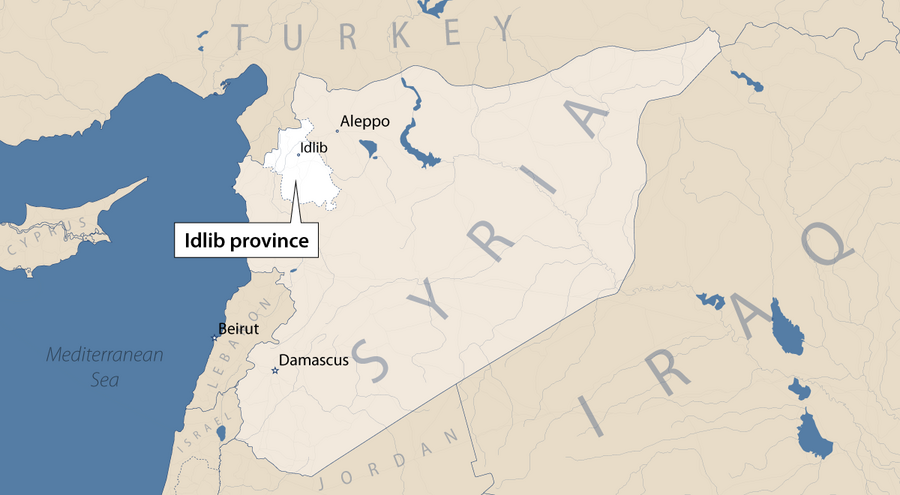Throughout Syria's civil war, outside powers have tried and failed to prevent horrific violence. With Syria poised to take Idlib province, likely at great cost, diplomats are meeting again. Is it too late?
Monitor Daily Podcast
- Follow us:
- Apple Podcasts
- Spotify
- RSS Feed
- Download
 Clayton Collins
Clayton Collins
For decades the forces of green have shown up in democratic nations’ elections, advancing environmental causes from the fringe and nudging mainstream party agendas with varied degrees of success.
Today, in tight races, major parties’ stances on confronting climate change may increasingly decide elections.
This Sunday, Swedes march to the polls in what some are calling the first European national election in which climate is a key voter issue. Yes, immigration feels most immediate, but the Arctic has been scorching hot. A party dismissing that as “one summer” of hot weather – as one party is – risks its broader credibility with a growing slice of the electorate.
A climate-tipped poll wouldn’t be a global first. In Australia’s election in 2007, held amid prolonged drought, a Labor government rode to power at least partly on the strength of its pledge to sign onto the 10-year-old Kyoto Protocol.
It will almost certainly not be the last. In the United States, one major poll shows 62 percent of Americans think that Washington is doing too little to protect the environment (a 12-year high). A climate-opinion map from Yale University depicts remarkably strong feelings about the issue.
“Bubbling beneath the battle for control of Congress during this year’s election cycle,” writes Amy Harder in Axios, “is a series of consequential energy and climate fights.”
Now to our five stories for your Friday, including a close look at some high-stakes diplomacy on Syria, at charges of political bias in the realm of social media, and at a better way of running Supreme Court confirmation hearings.











